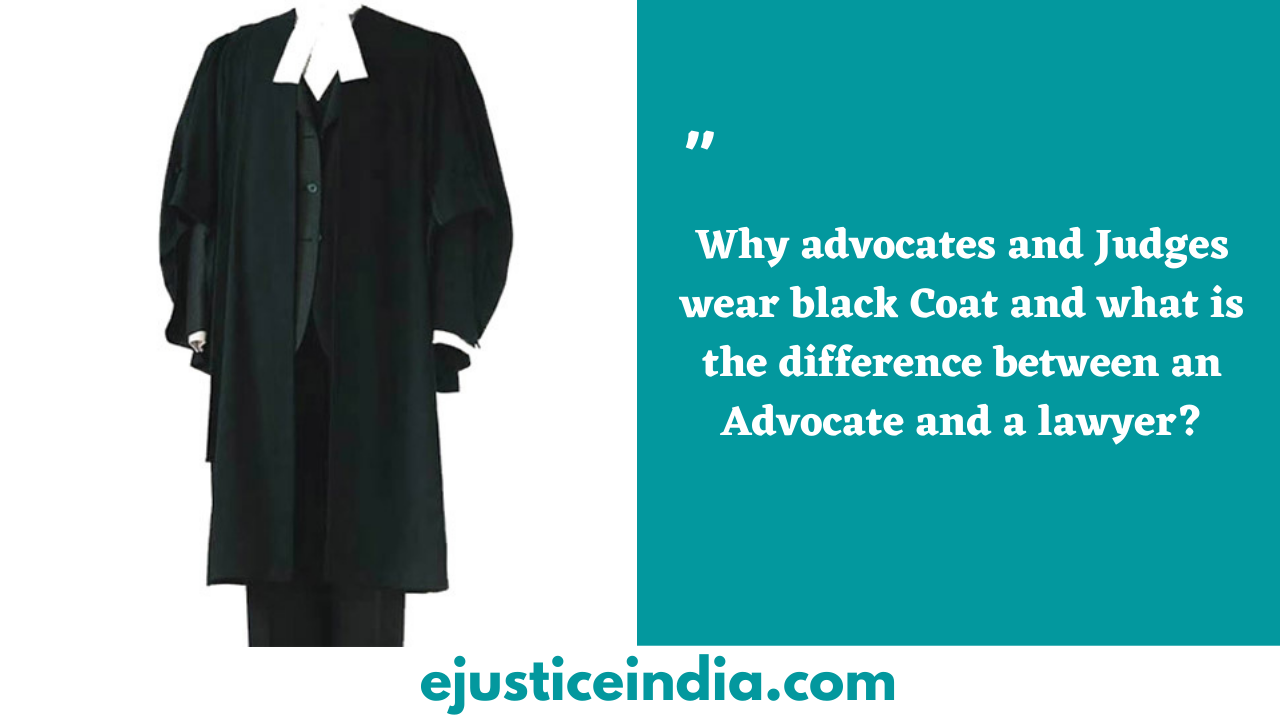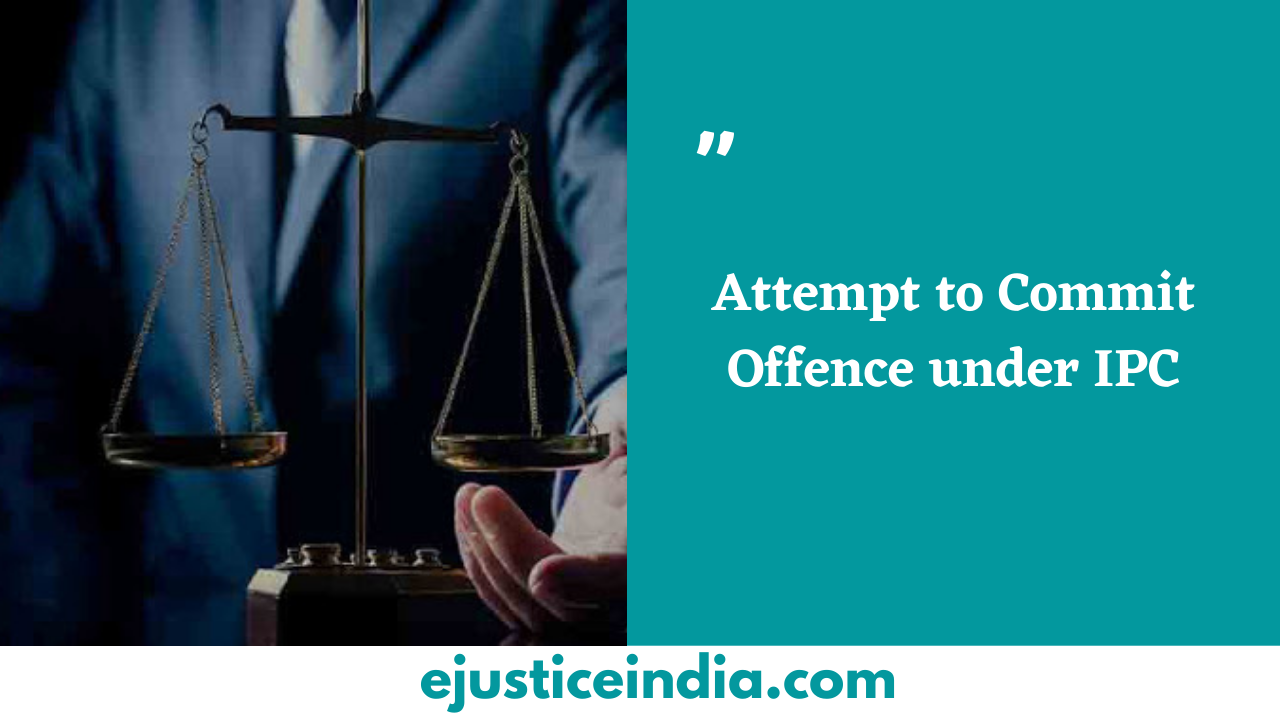IMPORTANT PROVISIONS OF THE UNION LEGISLATURE UNDER CONSTITUTION OF INDIA WITH CASE LAWS
Author: Amandeep Kaur (Panjab University)
ABSTRACT
The Preamble of the Constitution of India declares that India is a democratic nation with a parliamentary system of government. The union of India is composed of the executive, the legislature, and the judiciary to govern the union of 28 states and 8 union territories. In the parliamentary system, the political party with the greatest representation in the Legislature forms the government. The union legislature is the highest law-making body of the country. This article discusses the important provisions related to the union legislature under the constitution of India.
INTRODUCTION
The legislature of the union, which is called Parliament, controls all the legislative powers of the country. Parliament means a place where ministers sit and discuss national and international concerns and enact legislation for their countries.
India has a bicameral parliament. It comprises of the President and the two houses i.e. Lok Sabha or ‘House of the People’ and Rajya Sabha or ‘Council of States’.[1] The Rajya Sabha is composed many of representatives of the states elected by the State Assemblies. The Lok Sabha is composed of directly elected representatives based on adult franchise and territorial constituencies. The President is an integral part of the parliament. Article 79 to 122 in part V of the constitution of India deal with the organization, privileges, and powers of the parliament.[2]
COUNCIL OF STATES OR RAJYA SABHA
The constitution in Article 80(1) lays down that the maximum strength of Rajya Sabha is 250, out of which 12 members are nominated by the President, 238 are representatives of the States and of 2 Union Territories. Rajya Sabha is constituted by the indirect elections. The representatives of a State in Rajya Sabha are elected by the elected members of the State Legislative Assembly by the system of proportional representation through a single transferable vote.[3]
Rajya Sabha is a permanent house. Its tenure is of 6 years and 1/3rd of its members retire every 2 years. All the retired members are eligible to be re-elected. The presiding officer of Rajya Sabha is known as the Chairman. The Vice-President of India is the ex-officio Chairman of the House. In case the office of the chairman is vacant, the deputy chairman performs his duties.
HOUSE OF THE PEOPLE OR LOK SABHA
The maximum strength of members of Lok Sabha is fixed at 552 members, of whom not more than 530 are elected by the voters in the States, and not more than 20 represent the Union Territories.[4] The members of Lok Sabha are elected directly by the people based on adult suffrage. The normal tenure of Lok Sabha is 5 years. It can be dissolved earlier than its normal term. The tenure of Lok Sabha can be extended for 6 months during the proclamation of emergency.
All the sittings of the Lok Sabha are presided over by the Speaker. The Speaker and the Deputy Speaker are chosen by the House itself from amongst its members. All the powers of the house are vested in the speaker. In the case of Kihoto Hallohan v. Zachilhu[5], it was held that the office of the speaker is of high esteem and respect. He is not merely a presiding officer of the house but he is the representative and spokesman of the house. He is the guardian of the powers and privileges of the house.
QUALIFICATION AND DISQUALIFICATIONS FOR MEMBERSHIP OF PARLIAMENT
According to Article 84, the qualifications to become a member of parliament are
- one must have the nationality of India,
- one doesn’t hold any office of profit and
- Must have completed 30 years of age for appointment to Rajya Sabha and for Lok Sabha must have completed 25 years of age.
Article 102 of the Indian Constitution lays the grounds on which a legislator can be disqualified as a member of the Parliament. Those grounds are:
- If he/she holds any office of profit under the Government of India or any of the states;
- If he/she is declared of unsound mind by a Court;
- If he/she is not a citizen of India anymore;
- If he/she is disqualified under any law passed by the parliament of India.
The decision of the president is final in case there is any question of disqualification of a member. President needs to obtain the opinion of the Election commission in doing so[6]. In the case of Election Commission of India v. Saka Venkata Rao[7], the court held this article does not deal with the disqualifications which arise at the time of the election. The question of whether a person is disqualified at the time of election can be decided by the courts.
OFFICE OF PROFIT
An ‘office of profit’ ordinarily means an ‘office’ capable of yielding some profit to the holder of the office. In Satrucharla case[8], the Supreme Court has summarized as follows the tests to determine whether or not a person holds an office of profit:
- The power of the government to appoint a person in the office or to revoke his appointment at its discretion.
- The payment from out of the government revenue. Payment from a source other than the government revenue is not always a decisive factor.
- The true test of the determination of the said question depends upon the degree of control; the government has over it.[9]
SESSIONS OF THE PARLIAMENT
The Parliament must necessarily meet at least two times a year and the interval between two consecutive sessions must not be more than 6 months. The president summons the house for a session. In the case of Indira Nehru Gandhi v. Raj Narain[10], the validity of the Constitution (39th Amendment) Act, 1975, was challenged on the ground that the constitution of the House which passed the amendment was illegal. The Supreme Court held that it was not illegal on the ground that some members of Parliament of the two Houses were in detention under the preventive detention laws.
BILLS – A bill proposed by a minister is described as Government Bill and the bill proposed by a non-minister member is known as a private member’s Bill. Regarding the Money Bill, if the Rajya Sabha does not take any action within 14 days, the bill is deemed to have been passed. The President can summon both the Houses in a joint session in case of a deadlock between the two houses over the passing of a bill.
POWERS OF PARLIAMENT
- The Parliament can make laws on the matters specified in the Union List and Concurrent List of the Seventh Schedule. But under certain circumstances, it can also make laws on the subjects under the state list. E.g. at the time of declaration of an emergency.
- The Parliament exercises control over the executive through numerous measures. It can move adjournment motions and can thereby bring to light the omissions and commissions of the administration.
- No taxes can be levied and no expenditure can be made by the Government without the approval of the Parliament.
- The Parliament has the power to amend the Constitution.[11]
- The Parliament is also a debating assembly. It is the place where national questions are debated and policies are formulated.
- The Parliament also performs some electoral functions, as it elects the President and the Vice President of India.
CONCLUSION
The Union legislature is the most important organ of the government. It makes the laws for the whole country. A responsible legislature can help in the smooth working of the democracy and can shape the working of the government machinery. It can amend the constitution which is the fundamental and supreme law of the country, according to the changing needs of national development.
India has a powerful legislature as compared to other countries of the world. Its position can be favorably compared with the national legislatures of the countries like the USA, Canada, Britain, etc. It is, however, not a sovereign legislature. It always acts within the scope of powers and functions laid down by the constitution of India.
REFERENCES
- List of articles related to the parliament of India, available at https://www.jagranjosh.com(last visited on July 28, 2021).
- M.P. Jain, Indian Constitutional Law, LexisNexis, New Delhi, 8th Edition, 2018.
[1] The Constitution of India, Article 79.
[2] List of articles related to the parliament of India, available at https://www.jagranjosh.com(last visited on July 28, 2021).
[3] M.P. Jain, Indian Constitutional Law, p. no. 35, LexisNexis, New Delhi, 8th Edition, 2018.
[4] The Constitution of India, Article 81(a).
[5] AIR 1993 SC 412: 1992 Supp (2) SCC 651.
[6] The Constitution of India, Article 103.
[7] AIR 1953 SC 210.
[8] Satrucharla Chandrasekhar Raju v. Vyricherla Pradeep Kumar Dev., AIR 1992 SC 1959.
[9] M.P. Jain, Indian Constitutional Law, p. no. 49, LexisNexis, New Delhi, 8th Edition, 2018.
[10] AIR 1975 SC 2299.
[11] The Constitution of India, Article 368.


